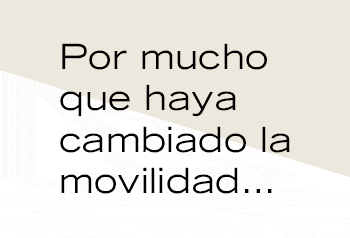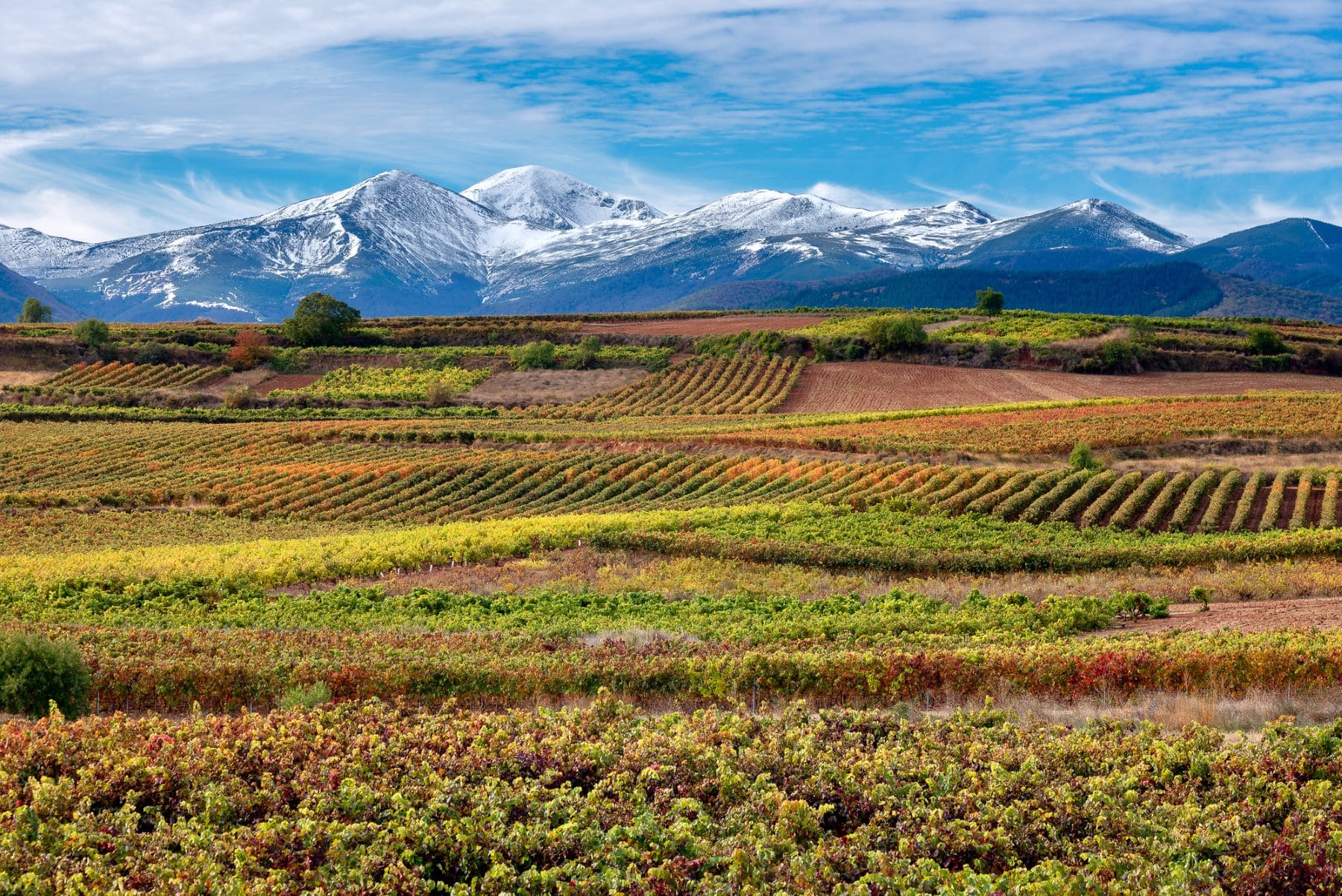Biodiversity is the biological variety that exists on Earth and includes everything from invisible structures such as bacteria to the superstructures of ecosystems, including all existing species. They form the 5 kingdoms of living things found in nature.
According to the United Nations, as many species have disappeared in the past hundred years as would have gone extinct in ten thousand years in a ‘normal’ scenario, without the disastrous interventions of humans. In addition, 25% of the species were assessed by the International Union for the Conservation of Nature are threatened with extinction.
Biodiversity bill in La Rioja
The Board of Directors has approved the draft project that amends Law 2/2023 of January 31 on Biodiversity and Natural Heritage of La Rioja, with the aim that “it is a useful standard and really serves to true conservation and protection of our natural resources, promoting sustainability environment, without infringing on the powers of other authorities (the Spanish government and community institutions) or clashing with sectoral regulations.”
This is what the bill corrects defects, errors and shortcomings of the current standard introducing several essential changes, as explained by the Minister of Agriculture, Livestock, Rural Affairs and the Environment, Noemí Manzanos, during the press conference after the weekly meeting of the executive chaired by Gonzalo Capellán.
The Minister of Agriculture, Livestock, Rural Affairs and the Environment subsequently reported this to study in depth an initial text in which two necessary changes have been made to “avoid any hint of unconstitutionality or conflict of power between administrations, bodies and administrative units”, this was still “incomplete and full of inconsistencies”.


The law, which was urgently adopted in January 2023, underwent a first revision just three months later, in March of the same year, because urgent improvements had to be made. Already in this legislature “some of the shortcomings that still remained were confirmed by Law 6/2024 of December 27 on fiscal and administrative measures for the year 2025, as agreed in the Commission for Bilateral Cooperation between the General Administration of the State and the Autonomous Community of La Rioja, as several ministries (Transport and Mobility, Industry and Trade, or Ecological Transition) had expressed serious concerns. discrepancies regarding a series of articles,” he explained.
After completion of these two amendments, the one of March 2023 and the subsequent one of December 2024, Title I of the law, which integrating the principles of conservation of natural heritage and biodiversity in various sectoral actions (statistics, territorial planning, agricultural or forestry activities, hunting and pisciculture…) “it remains meaningless, and the content of the articles conflicts with its own sectoral regulations, both at national and regional level. .” For this reason, “it has been completely eliminated in this draft approved today by the Governing Council.”
On the other hand, the original text contained “notable deficiencies” that needed to be corrected in anything related to glyphosate or N-(phosphonomethyl)glycine, as several articles attempted to regulate its use in the form of a ban without taking into account European regulations. In this regard, he recalled that “the European Commission has extended the authorization for the use of this active ingredient until December 15, 2033 and therefore the Government of Riojan cannot prohibit its use by other public services or companies.” .
Conservation of species
Finally, as regards the conservation of species, the reference to the ‘Riojano List of Wild Species Under a Special Protection Regime’ is replaced by the ‘Riojano Register’ for “better understanding”, as “it is a The relationship between species we understand will be subject to evolution over timewith their inclusion or exclusion, depending on their degree of protection.”
In this sense, Manzanos has stated that “this term is more correct because a plate is a living being that can be adjusted according to need”. And moreover, “the most important thing at the moment is that the Iberian wolf is excluded from this registration, so that this will not be an obstacle in the event that the Ministry for the Ecological Transition decides to withdraw and exclude the special protection.” of the List of Special Protection of Wild Species (LESPRE), as we have reiterated on several occasions, and we trust that this will finally happen.”

